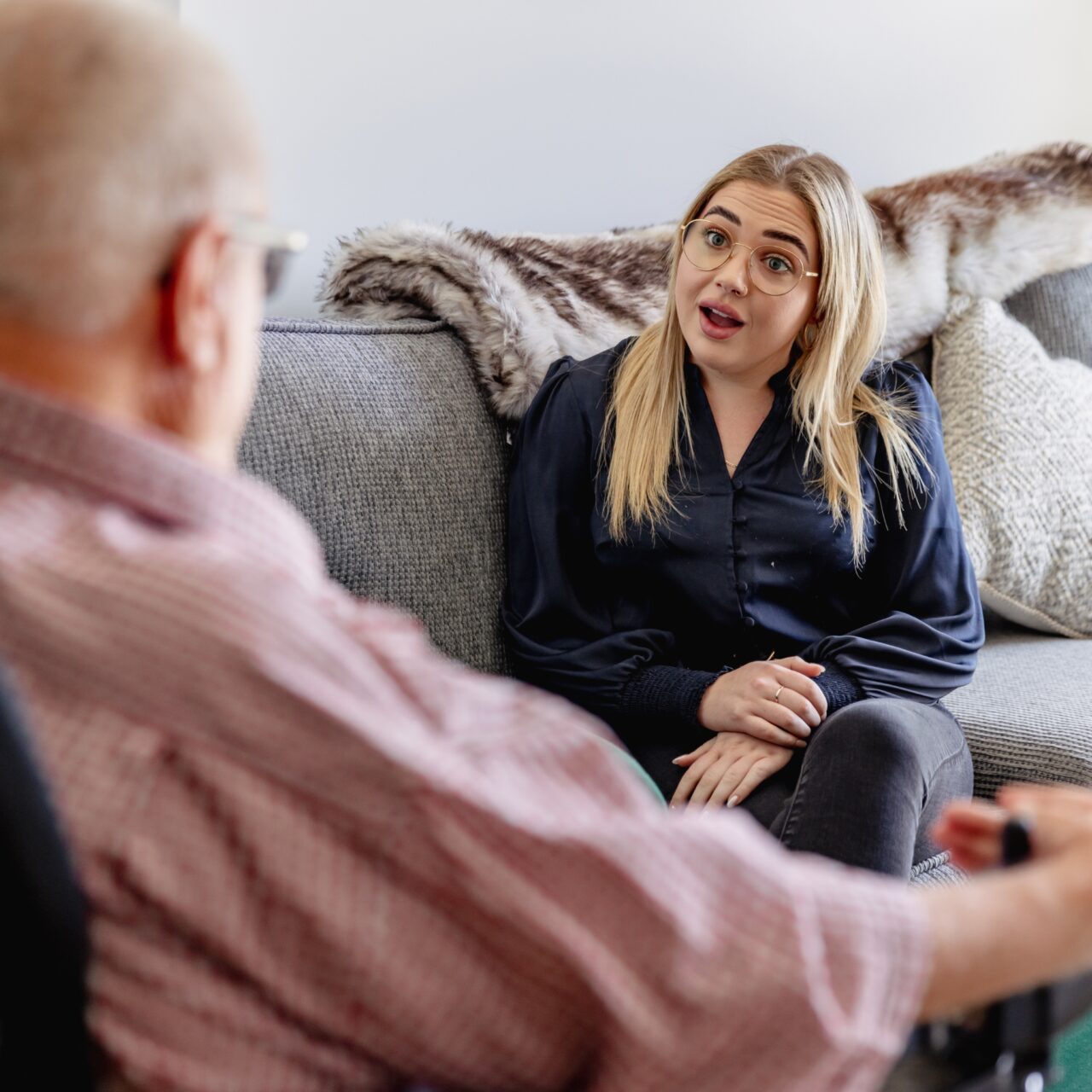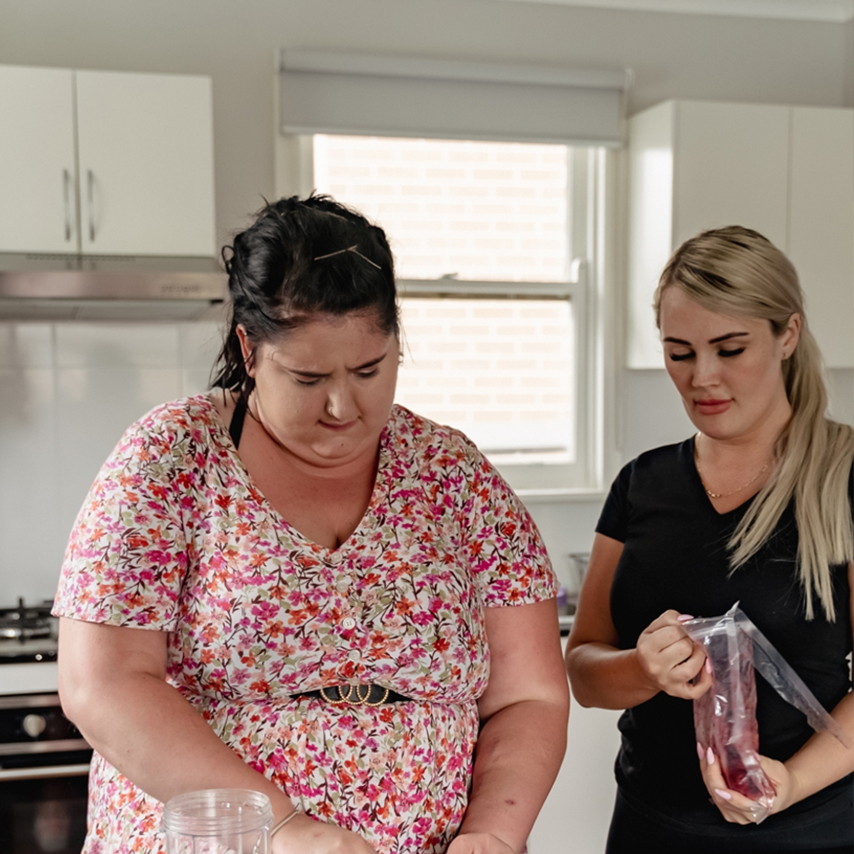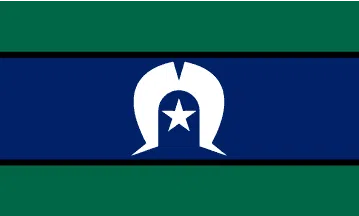Frequently Asked Questions
We’re happy to help anytime, but maybe your question is answered here…


The National Disability Insurance Scheme (NDIS) is a world’s first program that endeavours to look after Australians with a significant and permanent disability, including their families and carers. It provides funding directly to the NDIS participant, allowing them to pay for the support they need to live their lives more independently, and to increase their skills and capabilities so they can increase their independence over time. It was launched in 2014 and came fully online in 2020, and is the biggest insurance scheme rollout since Medicare.
In NDIS terms, the NDIS stands for:
National: The NDIS is available across all states and territories.
Disability: The NDIS provides support to eligible people with intellectual, physical, sensory, cognitive and psychosocial disability. Early intervention supports can also be provided for eligible people with disability or children with developmental delay.
Insurance: The NDIS gives all Australians peace of mind if they, their child or loved one is born with or acquires a permanent and significant disability, they will get the support they need.
Scheme: The NDIS is not a welfare system. The NDIS is designed to help people get the support they need so their skills and independence improve over time.
Supported Independent Living (SIL) is where the NDIS will pay for the support you need to live independently, and is defined in the NDIS as “One type of help or supervision with daily tasks to help you live as independently as possible, while building your skills.”
In essence, it pays for a support worker to help you with everyday tasks like personal and medical care, going to the shops and helping you cook dinner, if required. It also covers the cost of a support worker to take you out into the community, either to expand your skills on courses and classes, for example, or simply to love your life by enjoying time with friends, family or even learning to play the guitar! The care is delivered in your home, which may or may not be shared with other people with similar support needs too.
It’s difficult to put a time scale on this, but in most cases from contacting us, to getting you comfortably settled into a new home with all your support in place, it can take about 2 – 3 months. If you desperately need a home right away, however, there are short and medium-term accommodation options available too. More details here.
This refers to a home that has been specifically designed for people with significant functional impairment, or very high needs. It aims to make accessing support easier. We are the preferred SIL provider for a variety of SDA properties that meet the SDA categories for improved liveability, fully accessible and high physical support units. Check out our SIL vacancies here.
Yes, there are four different categories, all with their own design standards as established in Australia’s Livable Housing Design Guidelines.
– Improved Liveability – People with sensory, intellectual or cognitive impairment.
– Fully Accessible – People who have a significant impairment, such as a wheelchair user.
– Robust – People who have complex behaviours.
– High Physical Supports – People with significant physical impairment and who need a high level of personal support.
National Disability Insurance Scheme (NDIS)
If you’re under 65 and have a permanent disability that stops you from doing everyday things independently, you’re probably going to be eligible for the NDIS.
Supported Independent Living (SIL)
If you’re under 65, want to live as independently as possible, but have a permanent disability where you require support for daily tasks, then you’re probably going to be eligible for Supported Independent Living.
Specialist Disability Accommodation (SDA)?
If you have an extreme functional impairment, or very high support needs requiring a specially designed housing solution, you may be eligible for SDA.
In all of the above, you have to apply to the NDIS and prove that our meet the eligibility requirements. If you’re not sure how to approach it all, contact us here and let’s see if we can help.
Do you still have questions? Get in touch and ask us anything.


